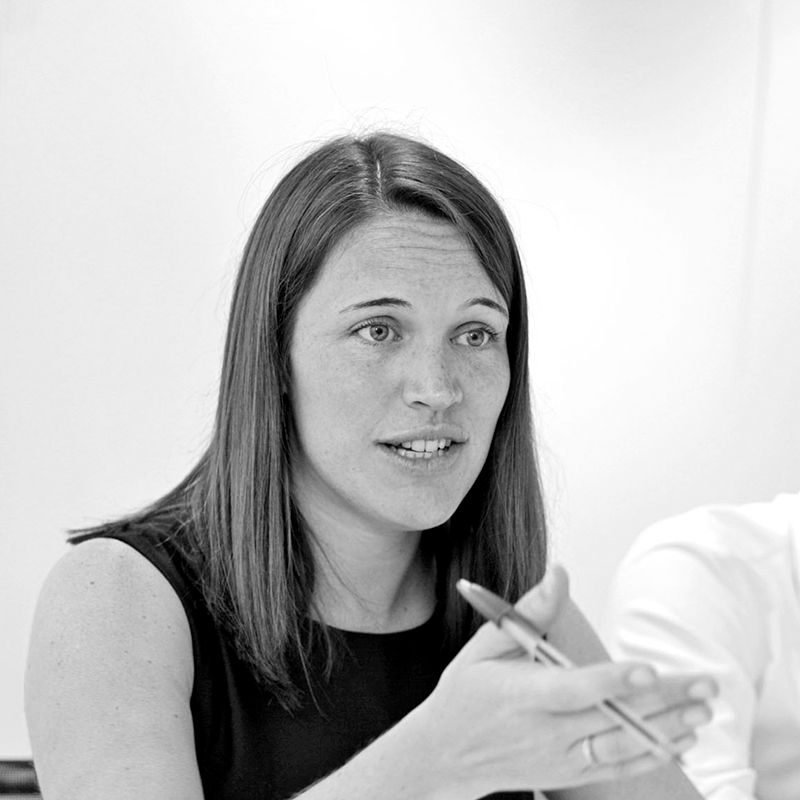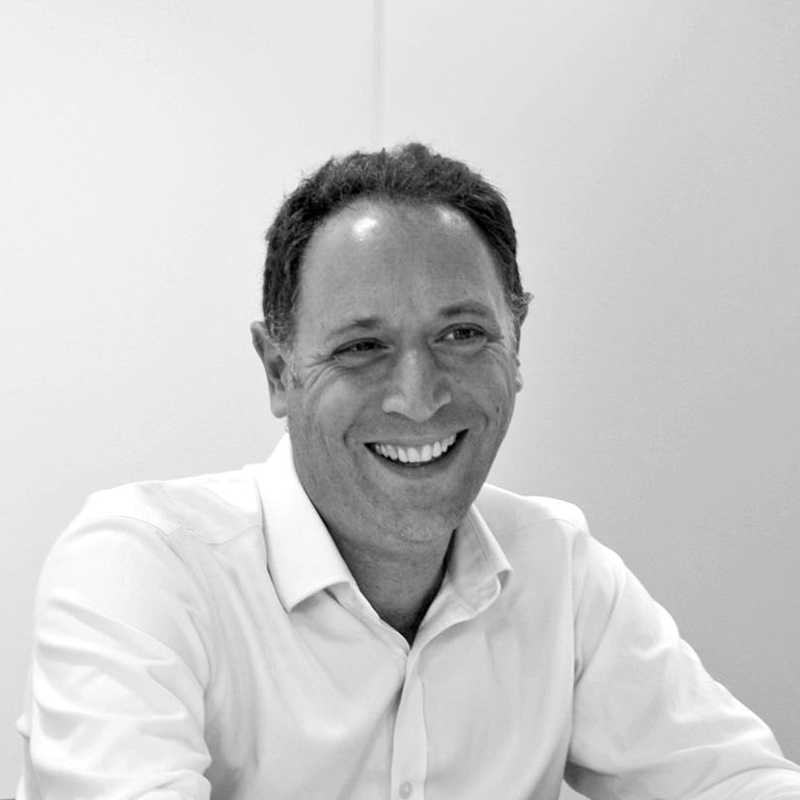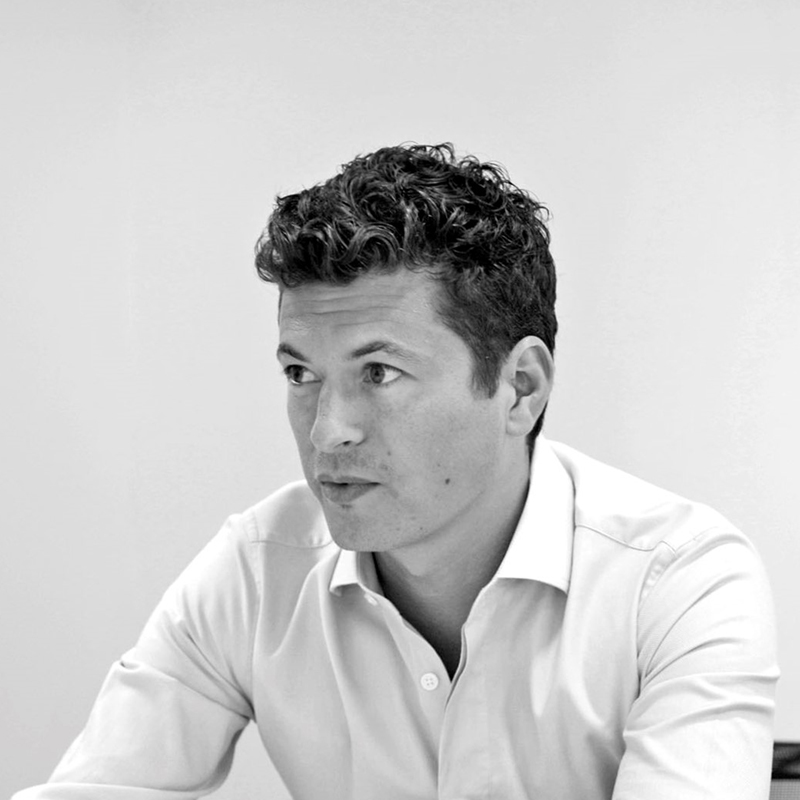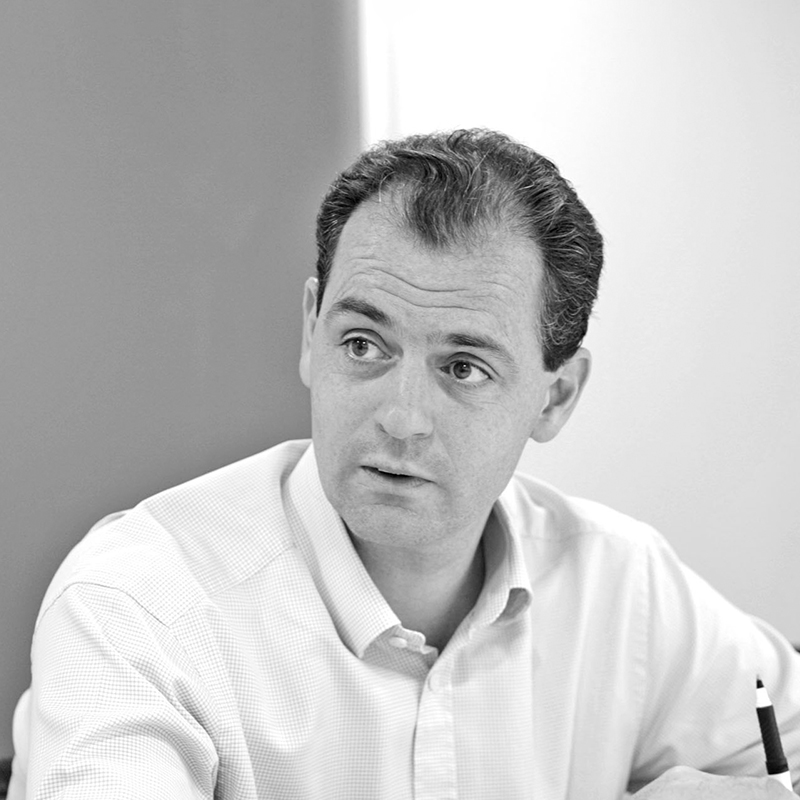Editorial acumen can be the most valuable of all strategic advice but plenty of my media colleagues have tried advisory roles and quickly done a reverse ferret – a U-turn in the parlance of legendary Sun editor Kelvin MacKenzie.
I spent nearly 25 years in the newsroom, the last eight of which involved running The Telegraph Media Group’s business and finance journalism, and since 2013 I’ve used that experience to advise a wide range of companies, large and small, public and private.
I joined #vigoconsulting last year because of independence – no outside shareholders and no cross-selling. The only people we answer to are clients. We were the Robey Warshaw of PR until Robey Warshaw was acquired by Evercore two weeks ago for £146m. But at least they proved the value of independent advice.
That independence of thought is perhaps the most important quality an editor can bring to Boards and their executive teams, albeit with a tad more diplomacy and finesse than the average Business editor’s column.
Nevertheless, one of the most frustrating things for CEOs is paying advisers who don’t advise, revealing conflicts at the heart of some advisory roles.
Making the move from editor to adviser requires a 180-degree switch in your fundamental outlook and it’s tough to pull off.
Your audience goes from a whole nation to a single person, or Boardroom. It goes from your expert output being published to the world, to complete confidentiality. An editor’s high-profile has to be subordinated. An adviser should never be the story.
Newsrooms are strict hierarchies and editors rule the roost. As an adviser you can be ignored, your advice falling on deaf ears.
An editorship is an “access all areas” calling card into the world’s biggest businesses guaranteeing you an audience with the world’s biggest players. As an adviser you have to fight tooth and nail to even get on a list of potential people worth talking to.
Editors work incredibly hard for their own success and that of their publications. Advisers have to put their clients first and take satisfaction from the success of others.
Remuneration can be different, and editors can potentially earn more as advisers, but one thing many journalists have learnt when making the switch is that money isn’t everything. You have to love the job of adviser to do the job of adviser and loving the job can sometimes be hard when you’re no longer front and centre.
Thankfully I love the job so here’s a helpful summary of how the qualities of an editor can translate into those of a successful adviser:
What’s the story?
The first question any editor asks of a reporter and any good editor will listen to the answer. Carefully. And challenge the story often to get to the real story within. That ability to listen, properly, and analyse a story makes editors excellent sounding boards for clients when they’ve got a problem and makes them what all great advisers need to be – therapists.
Once they’ve got to the bottom of a story or issue, editors are then very good at translating it into a clear and compelling story – one of the most difficult things in communications. Editors can provide clients with hugely valuable (and time saving) advice on strategic narrative, messaging and thought leadership.
As an editor I would call it cutting through the BS. I now call it clarity from complexity.
It’s already been written!
An editor with experience will have acquired a long memory and, as an adviser, represent an invaluable resource – a walking encyclopedia of companies that got it right and those that got it wrong.
It also means an experienced editor has seen, or heard, most things. Little really surprises them. The excesses, the highs and lows of corporate and public life, are all very familiar. This might sound like world-weariness but in fact it’s perspective, and sometimes that’s the most important thing a client needs. Being an editor makes you a good person to talk to.
Why will readers be interested?
Knowing your audience and communicating effectively with that audience is another fundamental quality that many companies struggle with, but which is second nature to a successful editor. It takes discipline. Coverage for the sake of coverage might please a client’s ego but represents unnecessary risk, wasted time and poor results.
Crisis, what crisis?
All the above qualities come into their own during a crisis. Clear and calm thinking is the hallmark of a good editor, especially one running a live news organisation. Anticipating events is a critical skill, as is reacting to them. Quickly creating a plan and structure around a seemingly amorphous and increasingly chaotic series of events is vital both as an editor and adviser when the solids hit the fan. “Getting a grip” is another way that CEOs describe this skill.
You’ve got an hour to respond!
Many clients and their advisers simply don’t know how journalism works – why should they if they’ve never worked in a newsroom? Editors provide invaluable insight into the modus operandi of news organisations – which can surprise a lot of clients. What the “rules” of engagement are and when and how companies can push back on things like deadlines and getting corrections made. They know when you’ve got a case, how to apply leverage but also tell you when you haven’t got a hope in Hades (and suggest an alternative course of action). More importantly they know the best ways of approaching editors and managing newsroom relationships.
Can I explain to my parents what this company does?
A common benchmark editors use. A surprisingly large number of companies don’t care if most of the population can’t understand a word on their websites – especially the financial sections other wise known as Investor Relations. As long as institutional investors get it, that’s all that counts. Wrong. A confusing and clouded investment case reveals confused and clouded corporate thinking.
What if?
Editors are constantly looking ahead to try and second guess where a story is going. For advisers it’s called strategic thinking. Option A might sound like the right answer, but will it paint you into a corner in future? How will this look? What might be the unintended consequences? “Let’s think this through” remains among the best advice a CEO can receive.
It’s all BS!
Most people can’t write, at least professionally and with a quality sufficient to make it past a real editor. Why should they? It can take years of training and practice (many excellent journalists can’t write either. Editors see through self-serving corporate gobbledygook with ease. Many in management struggle to write and speak authentically and if let loose on the media can do inordinate reputational damage simply because they sound like they’re bullsh***ing. An ex-editor is best placed to fix this and avoid unnecessary damage and achieve worthwhile results.
I never reveal my sources…
This is the case for any journalist and reflects a cast iron approach to confidentiality making ex-editors among the most trustworthy advisers a CEO can have. It also points to the fact that we have large contacts books which can be put to good use – when appropriate. It’s also a mindset that means we’ll never discuss our clients. The outside world doesn’t even know who many of my clients are. That’s how it must remain.



















